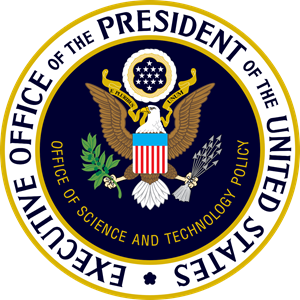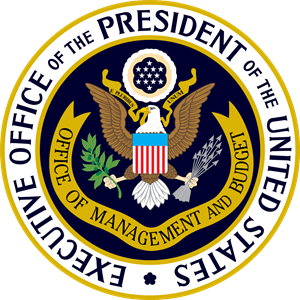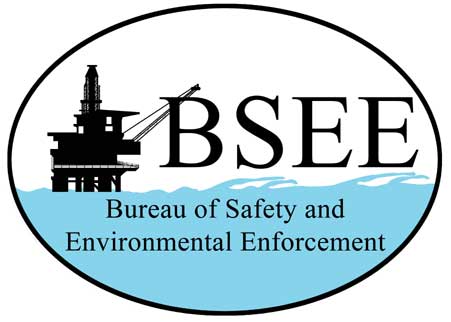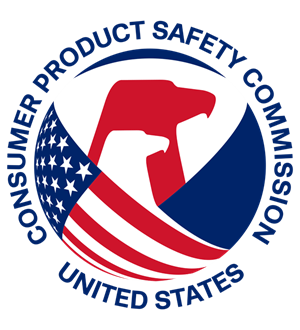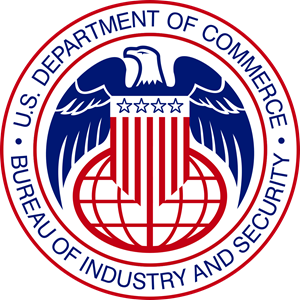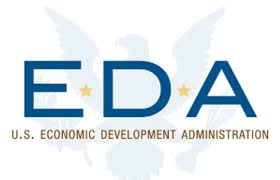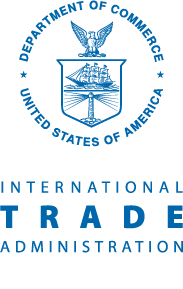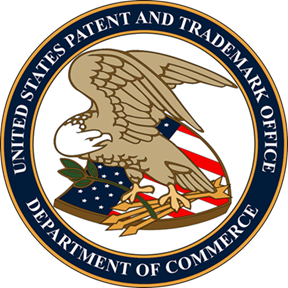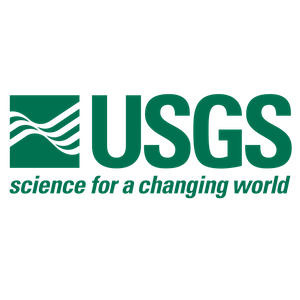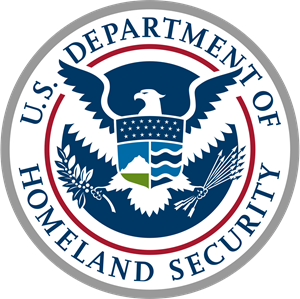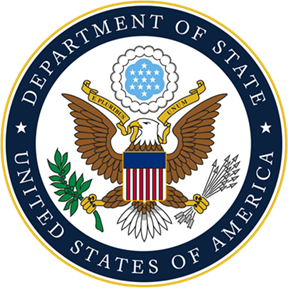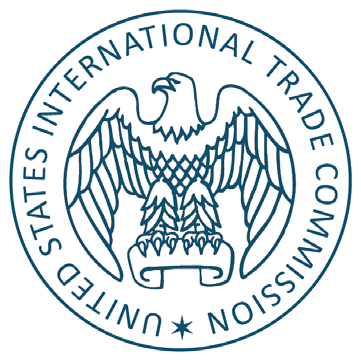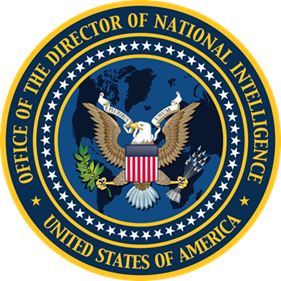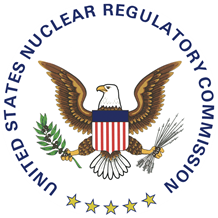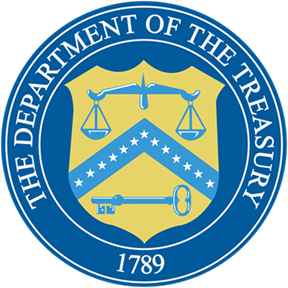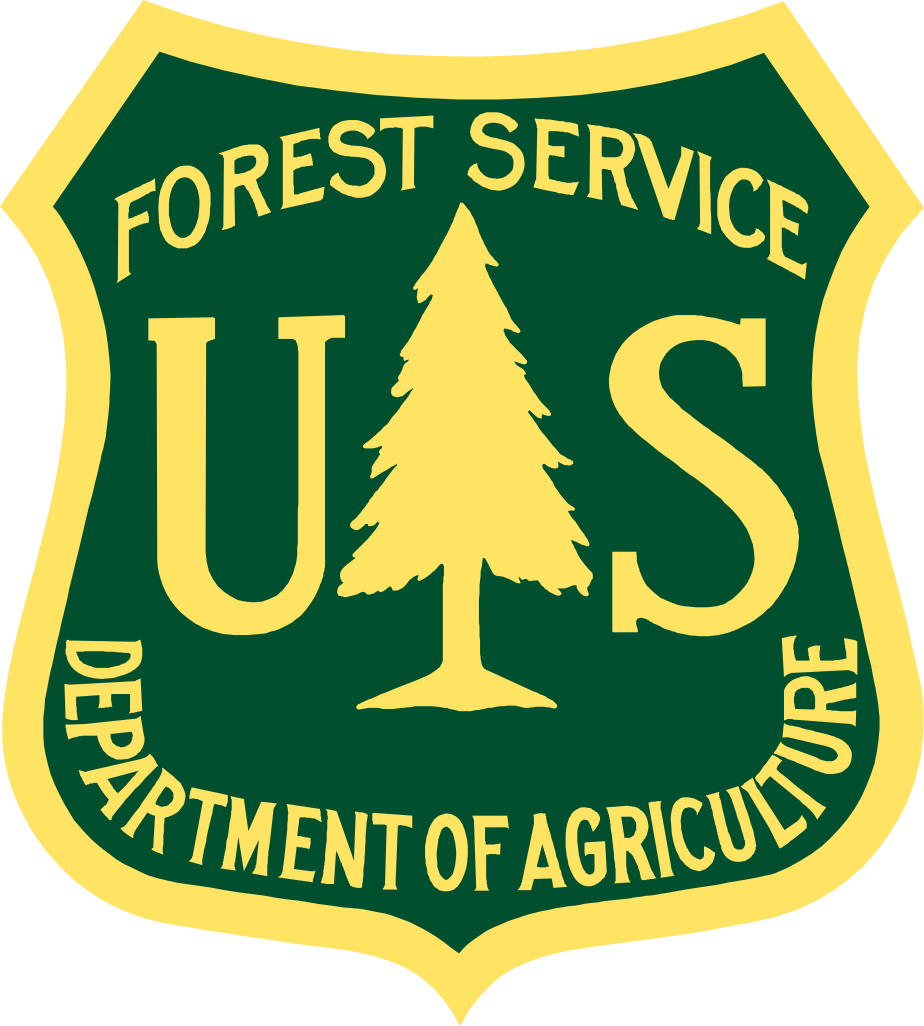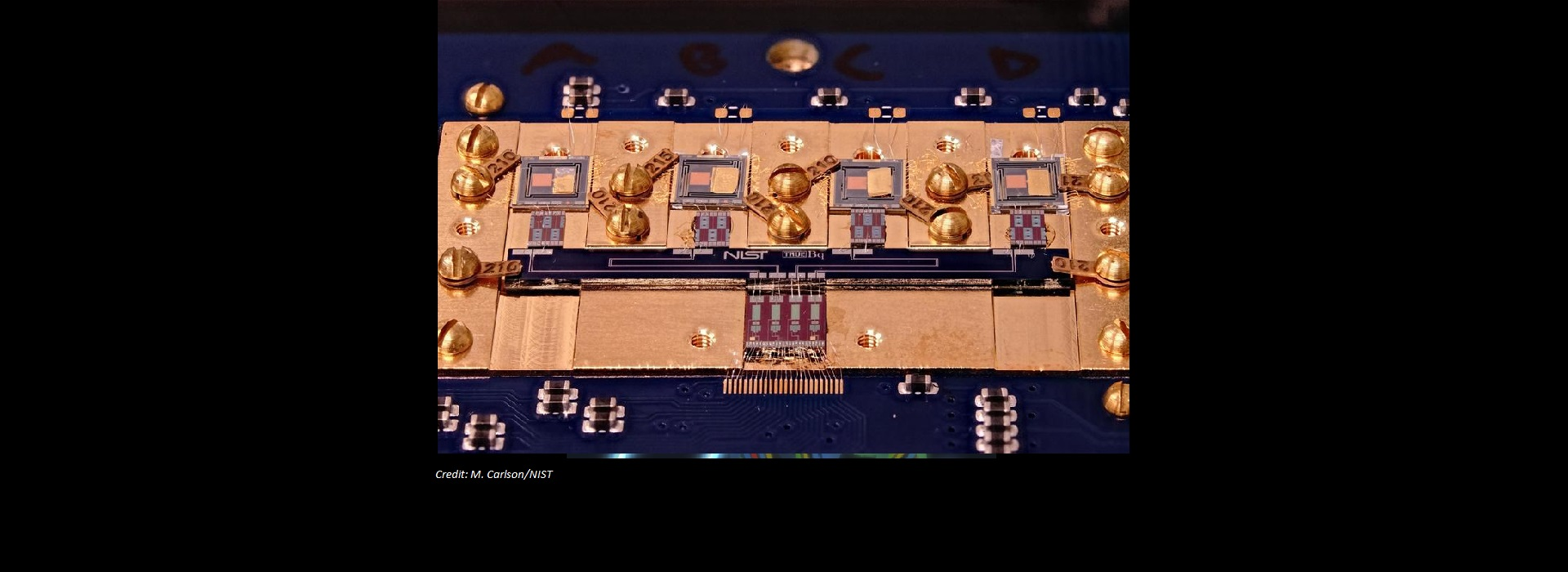
New method precisely measures radioactivity in tiny samples
Researchers have demonstrated a new and faster method for detecting and measuring the radioactivity of minuscule amounts of radioactive material. The innovative technique, known as cryogenic decay energy spectrometry, could have far-reaching impacts, from improving cancer treatments to ensuring the safety of nuclear waste cleanup.
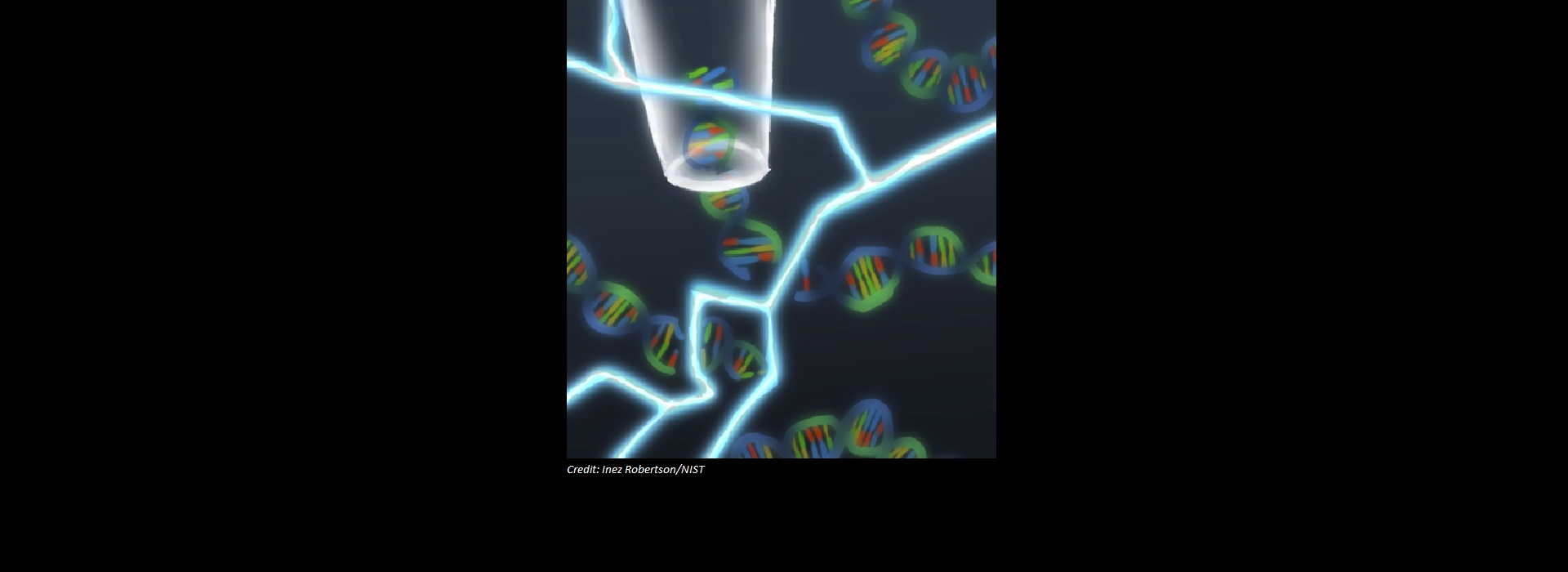
New technique for measuring DNA damage could improve cancer therapy and radiological emergency response
Scientists have developed a new technique for measuring how radiation damages DNA molecules. This technique, which passes DNA through tiny openings called nanopores, detects radiation damage faster and more accurately than existing methods.
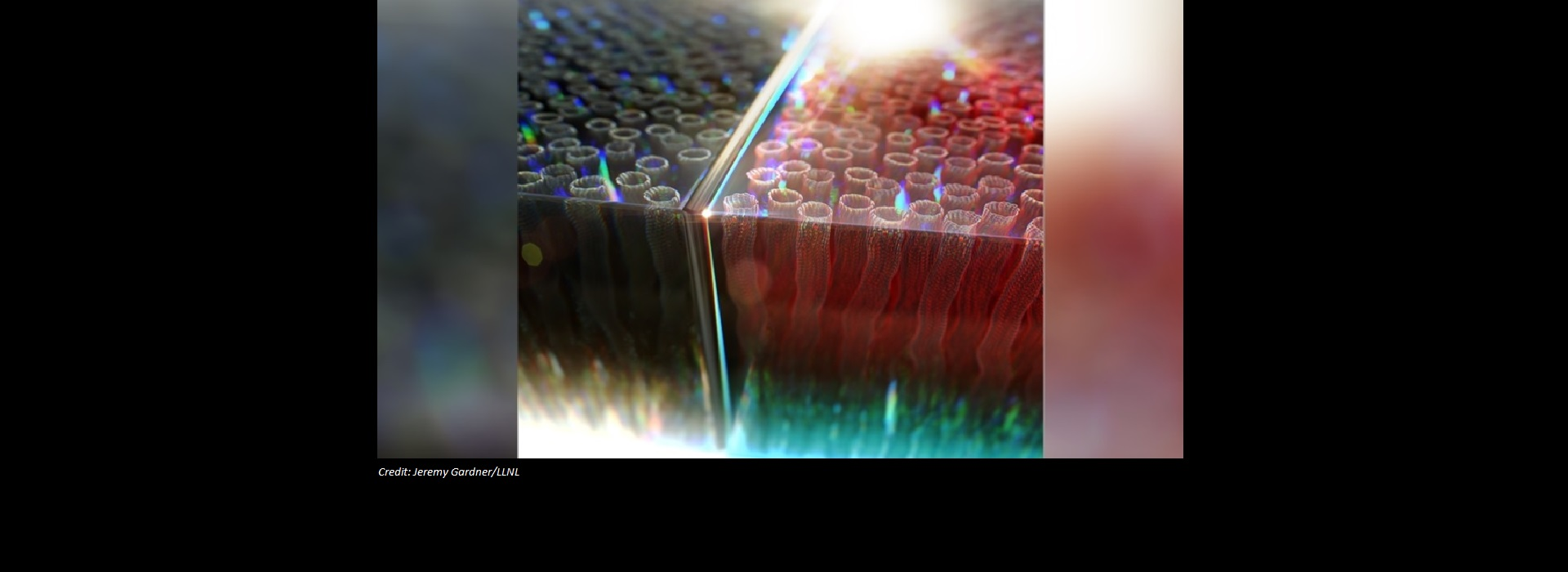
Carbon nanotube ‘smart windows’ offer energy savings
Researchers have developed a new type of electrically controlled, near-infrared smart window that can cut near-infrared light transmission by almost 50%. In these smart windows, carbon nanotubes are grown so they stand upright on the glass, like a microscopic forest. Depending on the voltage applied, the nanotubes can either absorb infrared light and block heat from the sun or let the infrared light through.
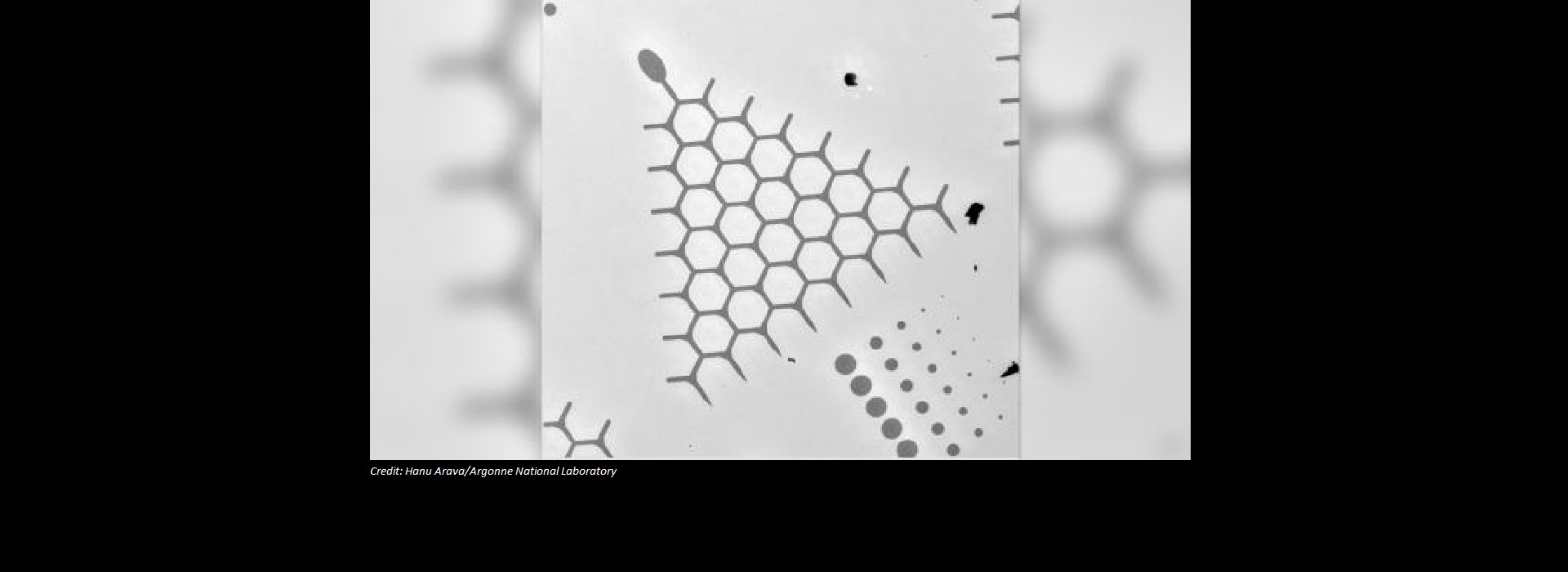
Researchers visualize decision-making in nanomagnetic structures
Scientists have unveiled a novel approach to understanding stochasticity in tiny magnetic structures. Their work explores the intricate decision-making processes of nanomagnetic Galton boards, a modern take on a classical concept in statistics and computing.
The vision of the National Nanotechnology Initiative (NNI) is a future in which the ability to understand and control matter at the nanoscale leads to ongoing revolutions in technology and industry that benefit society.
Quick Links

Meetings and Events
NNI coordinates, sponsors and manages meetings and workshops on a wide range of topics.

Publications
A database of NNI publications and brochures, workshop and technical reports, and a variety of additional resources.
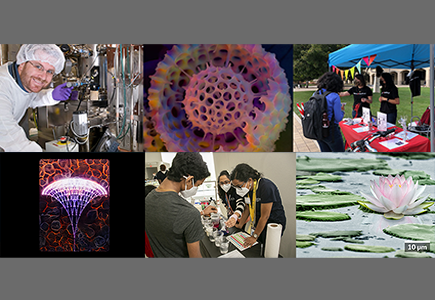
National Nanotechnology Day
Celebrate how the world’s smallest technologies shape our daily lives.

Featured Post
NanoEducators Quarterly Forum (for K–12 science teachers)


